Related Research Articles

Sir Robert Peel, 2nd Baronet was a British Conservative statesman who served twice as Prime Minister of the United Kingdom simultaneously serving as Chancellor of the Exchequer (1834–1835) and twice as Home Secretary. He is regarded as the father of modern British policing, owing to his founding of the Metropolitan Police Service. Peel was one of the founders of the modern Conservative Party.
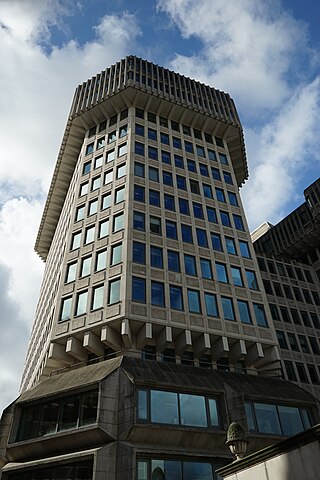
The Government Legal Department is the largest in-house legal organisation in the United Kingdom's Government Legal Service.
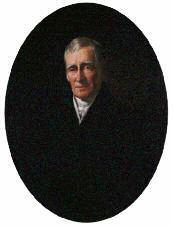
Charles Arbuthnot was a British diplomat and Tory politician. He was Ambassador to the Ottoman Empire between 1804 and 1807 and held a number of political offices. He was a good friend of the Duke of Wellington. His second wife, Harriet, became a hostess at Wellington's society dinners, and wrote an important diary cataloging contemporary political intrigues.

Sir John Francis Davis, 1st Baronet was a British diplomat and sinologist who served as second Governor of Hong Kong from 1844 to 1848. Davis was the first President of Royal Asiatic Society Hong Kong.

Sir George William Des Vœux was a British colonial administrator who served as governor of Fiji (1880–1885), Newfoundland (1886–1887), and Hong Kong (1887–1891).
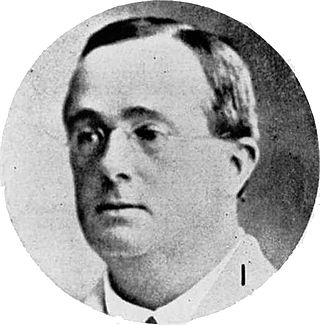
Sir Claud Severn (1869–1933) was a British colonial administrator. Severn joined the colonial civil service in British Malaya in 1894 and worked under the Governor of the Straits Settlements. In 1912, he became Colonial Secretary of Hong Kong and remained in the post until 1925. During this period, Severn governed Hong Kong twice as acting administrator during transition periods between Governors.

Sir William Thomas Denison was Lieutenant Governor of Van Diemen's Land from 1847 to 1855, Governor of New South Wales from 1855 to 1861, and Governor of Madras from 1861 to 1866.

Admiral Sir Charles Elliot was a British Royal Navy officer, diplomat, and colonial administrator. He became the first Administrator of Hong Kong in 1841 while serving as both Plenipotentiary and Chief Superintendent of British Trade in China. He was a key founder in the establishment of Hong Kong as a British colony.

William Caine was the first head of the Hong Kong Police Force, Colonial Secretary of Hong Kong from 1846 to 1854. He attained the rank of Lieutenant Colonel prior to his secretary appointment. Caine was also the acting Governor of Hong Kong between May and September 1859.
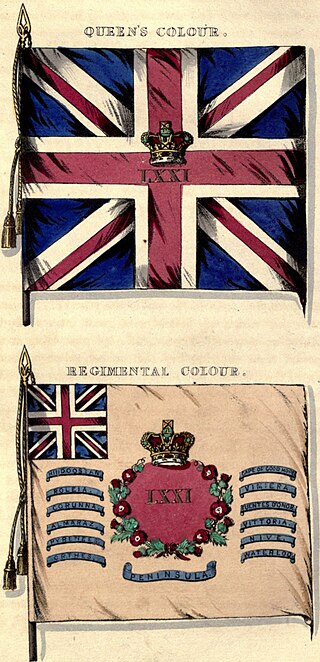
The 71st Regiment of Foot was a Highland regiment in the British Army, raised in 1777. Under the Childers Reforms it amalgamated with the 74th (Highland) Regiment of Foot to become the 1st Battalion, Highland Light Infantry in 1881.
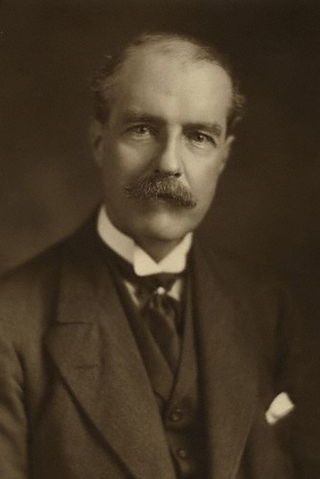
Sir Henry Babington Smith was a senior British civil servant, who served in a wide range of posts overseas, mostly financial, before becoming a director of the Bank of England. He was related to the Babington family through his maternal grandmother Mary, a daughter of Thomas Babington, and his children took the double surname Babington Smith.
Lieutenant General Sir Thomas Arbuthnot, KCB was a British Army commander.

Sir Frederick William Adolphus Wright-Bruce, GCB was a British diplomat.
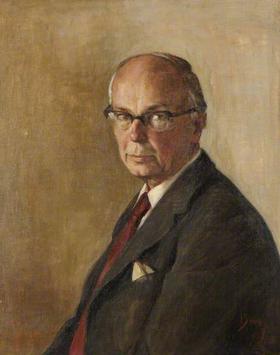
Sir Richard George Kitchener Way KCB CBE, commonly known as Sam Way, was a British civil servant, Chairman of London Transport and Principal of King's College London.
The Golden Jubilee Honours for the British Empire were announced on 21 June 1887 to celebrate the Golden Jubilee of Queen Victoria on 20 June 1887.
The 1902 Birthday Honours were announced on 10 November 1902, to celebrate the birthday of Edward VII the previous day. The list included appointments to various orders and honours of the United Kingdom and the British Empire.
The 1889 Birthday Honours were appointments by Queen Victoria to various orders and honours to reward and highlight good works by citizens of the British Empire. The appointments were made to celebrate the official birthday of The Queen, and were published in the London Gazette on 24 May 1889 and in The Times on 25 May 1889.
The 1894 Birthday Honours were appointments by Queen Victoria to various orders and honours to reward and highlight good works by citizens of the British Empire. The appointments were made to celebrate the official birthday of The Queen, and were published in the London Gazette on 25 May 1894. and in The Times on 26 May 1894.
The 1895 Birthday Honours were appointments by Queen Victoria to various orders and honours to reward and highlight good works by citizens of the British Empire. The appointments were made to celebrate the official birthday of The Queen, and were published in The Times on 25 May 1895 and in The London Gazette on 25 May 1895 and on 11 June 1895.
William Tarrant was a civil servant and newspaper editor in British Hong Kong. He served as Inspector of Land and Roads and subsequently Registrar of Deeds in the Hong Kong colonial administration from 1842 to 1847, but was removed from office and barred from public service owing to allegations he had raised against Colonial Secretary William Caine, which an internal government inquiry held to be fabricated. Tarrant then began a new career in journalism, purchasing the Friend of China newspaper in 1850. He became prominently involved in a scandal involving multiple senior government officers, the Caldwell affair, in 1857, and was ultimately found guilty of libel and imprisoned in 1859. He left the colony after his release in 1860, and made two attempts over the course of the 1860s to restart the Friend of China in Guangzhou and Shanghai, each proving abortive. Finally, he sold the paper in 1869 and retired to England, where he died in 1872.
References
- Arbuthnot, Mrs P S-M (1920). Memories of the Arbuthnots. Aberdeen: George Allen & Unwin.
- Dictionary of National Biography. Oxford: Oxford University Press.